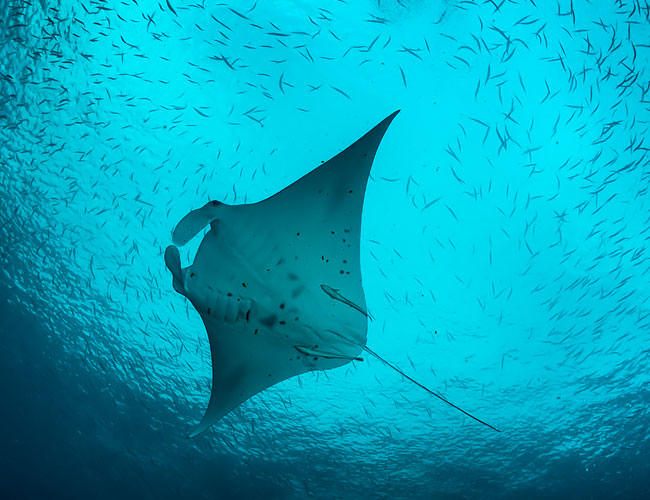
Natural Wonders
Turks & Caicos Attractions
The Turks and Caicos showcase 230 miles of white-sand beaches and stunning coral reefs—including the world’s third largest, after the Great Barrier Reef and Belize Barrier Reef. So it’s no surprise that its water—and all that goes with it—is its greatest attraction. But there’s more.
The Turks and Caicos Rock iguana is always fun to watch. Sadly endangered, they thrive on the deserted isles of Little Water Cay, where a series of boardwalks has been installed, and Great Sand Cay. Get there by boat tour or kayak. In 1992, the government set aside 33 specific protected areas, a list that includes nature reserves, sanctuaries, and historical sites totally more than 325 square miles. One of the best is Princess Alexandra National Park, which preserves the world-famous Grace Bay Beach off the north coast of Providenciales. Chalk Sound National Park protects a dazzling turquoise lagoon sprinkled with rocky islets; it’s a great place for kayaking and paddleboarding. Salt ponds and inland marshes serve as excellent feeding grounds for resident and migratory birds. Depending on the season, look for great blue heron, flamingos, osprey, pelicans, egrets, and more. More than 12 small cays have been set aside and protected by the National Parks System for breeding grounds. The islands perch along the edges of two large limestone plateaus, called the Turks Bank, featuring deep offshore waters where humpback whales, spotted eagle rays, manta rays, and turtles travel—and which make for great wildlife viewing. These same rich waters draw anglers in search of tuna, wahoo, and blue marlin. Between late December and April, more than 2,500 humpback whales pass by the islands’ shores on their annual migration to Mouchoir Bank, just 25 miles southeast. During this time, divers can listen to an underwater concert of the whales’ songs. In summer, divers encounter manta rays cruising all the fact of the walls. Encounters with dolphin are not uncommon.Iguana
Nature Reserves
Salt Ponds
Turks Bank
Whales, Manta Rays, and More




